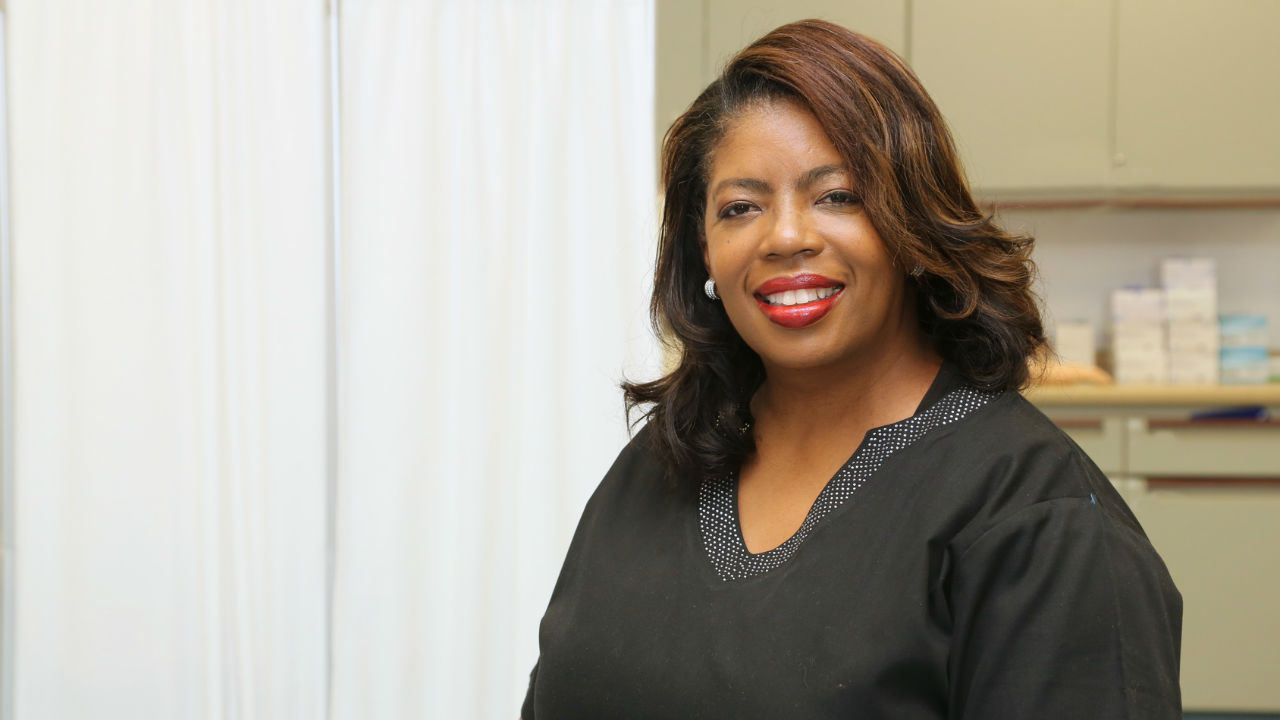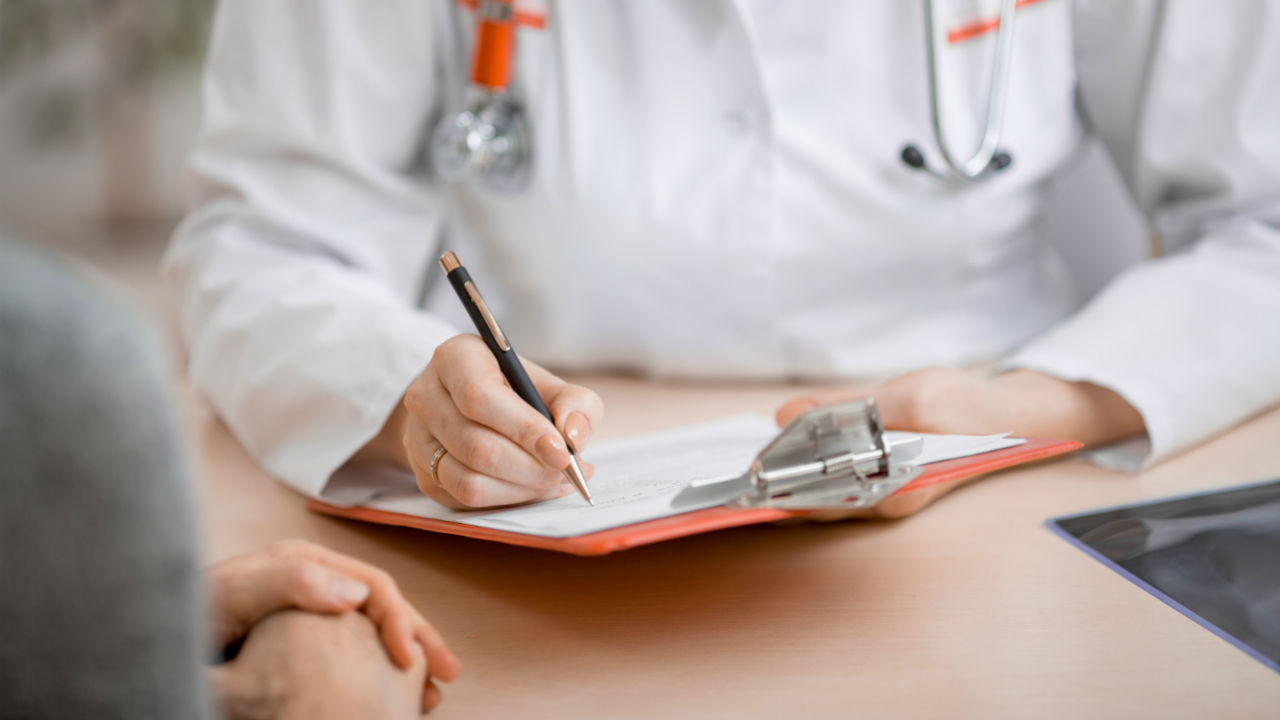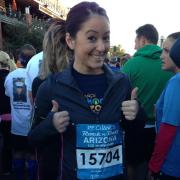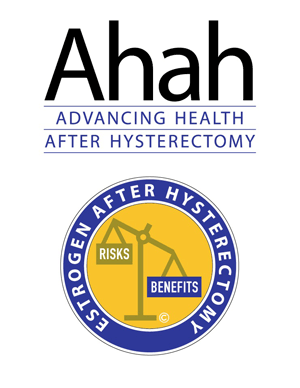 Auremar/PhotoSpin
Auremar/PhotoSpin
It's scary to think that fear can cause the deaths of nearly 50,000 women. After the federally funded Women's Health Initiative Estrogen Plus Progestin Trial in 2002 uncovered that women who underwent two-hormone therapy suffered a higher mortality rate, the use of hormone replacement therapy dropped significantly.
Because of the findings in the WHI trials, and the commotion it had stirred, only 10 percent of women who have had hysterectomies opt for estrogen therapy. Almost 50,000 of these women, aged 50 to 69, have died.
These findings are supported in a study led by Dr. Phillip Sarrel , emeritus professor in the Departments of Obstetrics, Gynecology & Reproductive Sciences, and Psychiatry and Dr. David Katz, the founding director of Yale University's Prevention Research Center.
The study focused on the effect of estrogen avoidance and the mortality rate among women who have had hysterectomies between the age of 50 to 59.
Sarrel found that over a 10-year span beginning in 2002, the number of premenopausal women who died prematurely because they avoided estrogen therapy was between 18,601 and 91,610.
The study also confirmed the continued decline of estrogen use in younger postmenopausal women.
Prior to 2002, the estrogen therapy use rate was over 90 percent.
Before the WHI trials were released, it was common for doctors to recommend estrogen therapy for women who have had a hysterectomy. These women commonly used the therapy to treat symptoms like hot flashes and other side effects related to hormone deficiency.
The problem with the WHI trials, however, was that the findings were about women with a uterus.
A second part of the WHI trials followed women without a uterus and showed that estrogen-only therapy produced mostly positive effects. This can be found in a series of papers published by the WHI between 2004 and 2012.
“Sadly, the media, women, and health care providers did not appreciate the difference between the two kinds of hormone therapy,” Sarrel said. As a result of this, the use of menopausal hormonal therapy declined.
EmpowHER founder and health advocate Michelle King Robson said that she could have easily been one of these statistics.
"I started EmpowHER because I almost didn't survive. It was scary to think about what would have happened if I hadn't educated myself."
Robson has made it her life goal to help women because women's health care is under served. She said, "This is another proven point of how bad it is. Too many women have died because of it."
Sarrel hopes that this study will help promote a better understanding.
The study urges women to do their own research about the effects of estrogen therapy and discuss their options with their health care provider.
For a summary of the study from Sarrel himself, please click here
Sources:
"The Mortality Toll of Estrogen Avoidance: An Analysis of Excess Deaths Among Hysterectomized Women Aged 50 to 59 Years." US National Library of Medicine National Institutes of Health. Web. 19 July 2013. http://www.ncbi.nlm.nih.gov/pubmed/23865654
Brown, Eryn. Avoiding estrogen therapy proved deadly for nearly 50,000: study. Los Angeles Times. 19 July 2013. Web.
http://www.latimes.com/news/science/sciencenow/la-sci-sn-estrogen-alone-hormone-therapy-deaths-20130718,0,7828032.story
Peart, Karen. For women with hysterectomies, estrogen may be a lifesaver after all.
Yale News. 19 July. 2013. Web.
http://news.yale.edu/2013/07/18/women-hysterectomies-estrogen-may-be-lifesaver-after-all
Edited by Jody Smith
Read more in Advancing Health After Hysterectomy





Add a Comment11 Comments
Bioidentical Hormones could have saved 50,000 Lives according to Dr. Philip Sarrel
The health benefits of hormone replacement have been known for years. Dr Cathleen Rivera followed 1,000 women under age 45 after hysterectomy, and found that removal of the ovaries resulted in a disturbing 84% increase in death from heart disease. However, if these women were given
estrogen replacement after ovarian removal, they were protected with a 35% decrease in mortality from heart disease. I thought this was rather impressive. (Menopause. 2009 Jan–Feb)
The 2nd arm of the Women’s Health Initiative also showed reduced mortality in the estrogen users (50-59 yrs) after hysterectomy. They showed a 27% reduction in mortality with estrogen users compared to placebo users. Clearly, estrogen deficiency is associated with increased mortality, while estrogen replacement for post-hysterectomy women is very beneficial.
Of course, women should avoid progestins and other synthetic hormones such as medroxyprogesterone (MPA) known to be carcinogenic and cardiotoxic.
The use of natural, bioidentical estrogen and progesterone in the proper balance is the preferred choice. Bioidentical hormones have chemical structures identical to our own hormones, naturally occurring in ourselves. This is the best way to go.
for more: http://jeffreydachmd.com/bioidentical-hormones-save-50000-lives-by-jeffrey-dach-md/
jeffrey dach md
August 5, 2013 - 5:16pmThis Comment
Hey all... With oBooboCare it's your duty to NOT live long and force the rest of us to provide you expensive medical care. Wonder how much this study is going to cost?
July 23, 2013 - 4:45pmThis Comment
It's time this important issue surfaced.
July 23, 2013 - 3:47pmThis Comment
Everyone is forgetting simple medical logic: If women are at their MAXIMUM HEALTH from the ages of 15 to 45, WITH ESTROGEN, how can they be healthy WITHOUT it? Heart disease is the number one death among women (400,000 annually) and it is a medical fact that women are at a higher risk once they experience menopause. Check out the CDC (Center for Disease Control) and you will see an enormous increase of all cancers in women after the average age of 51 when estrogen is depleted. There are more than 50 estrogen receptors in a woman's body that require estrogen—heart, brain, blood vessels, breasts, bladder, liver, bones, & skin (among others). When these receptors lack estrogen, then potentially negative health effects are common.
The newly created Estrogen International Association will soon begin an independent 10-year international study of long-term estrogen users (including birth control users) to ascertain—directly from women who have taken estrogen longer than 15 years—who is healthier—the estrogen rich or the estrogen deficient woman? A realistic indication of estrogen's benefits or consequences is the association’s ultimate goal. I have SUCCESSFULLY taken estrogen alone for more than 35+ years and know there are others who have enjoyed the same health success. Women need concrete answers instead of decade after decade of flip-flopping comments and fear-promoting study results!
My mother had a hysterectomy at 24, no estrogen, died of cancer at 68. My grandmother had a hysterectomy, no estrogen, and had breast cancer. My cholesterol level has been very high all my life. It was 360 at age 28 and hit a high of 477. I have NO plaque in my arteries and am 4 years short of 70. Had I stopped taking estrogen in 2002, at age 51, as a result of the WHI inaccurate data, as reported, I probably would have been one of those death statistics. Which one of you is willing to put your health and life in the hands of a study? A scientist once said, "Today's scientific fact is tomorrow's scientific fallacy." I am not willing to take such a chance with my life or health given the record of previous studies, which cast estrogen in a negative light. It is tragic that 50,000 to 90,000+ lives were sacrificed because of inaccurate data results.
July 23, 2013 - 1:19pmThis Comment
I am very concerned about the reliability and the validity of this paper. It would be very helpful to have a link to the paper so that one can evaluate whether or not it is indeed a valid study. Is there a statistically significant causality between not taking estrogen and death. It seems to me that the age group the study is talking about is an age group that is at higher risk of death just due to age and various health problems. So to narrow down causality would be very difficult.
July 23, 2013 - 8:14amThis Comment
Thank you for your response. Here is the link to the study published in the American Journal of Public Health. If you are interested in the other sources of this article, they can be found on the second page.
http://ajph.aphapublications.org/doi/abs/10.2105/AJPH.2013.301295
July 23, 2013 - 11:49amThis Comment
Thank you Jenny for the link. However, it is 35.00 to view it unless you belong to the association. I am not interested in the abstract, although I will say that this is NOT a clinical trial and therefore, causality can not be determined. HOWEVER - the last statement is FABULOUS! Women need to discuss hormone replacement therapy with their health care professionals. This is a much more complicated issue than this article suggests and each woman needs to make her decision based on what is good for her. When I first began my career as a Nurse Practitioner it was generally accepted that ALL MENOPAUSAL women should be on hormone replacement. Then the pendulum swung to NO MENOPAUSAL women should take hormones. Now, I believe that we have moved back to center and have begun a scentient process of decision making. Evidence based practice is crucial. Thanks for your work
July 26, 2013 - 8:06amThis Comment
As an accountant who deals with statistics and percentages, I feel very confused by this article. Reporting the details and giving links to all studies would be more helpful.
July 22, 2013 - 3:39pmThis Comment
Thank you for your response. Here is a link to the details of the study: http://ajph.aphapublications.org/doi/abs/10.2105/AJPH.2013.301295
July 23, 2013 - 11:50amThis Comment
I think my mom could really use this, she's undergoing menopausal now. This is really helpful.
July 22, 2013 - 3:35pmThis Comment